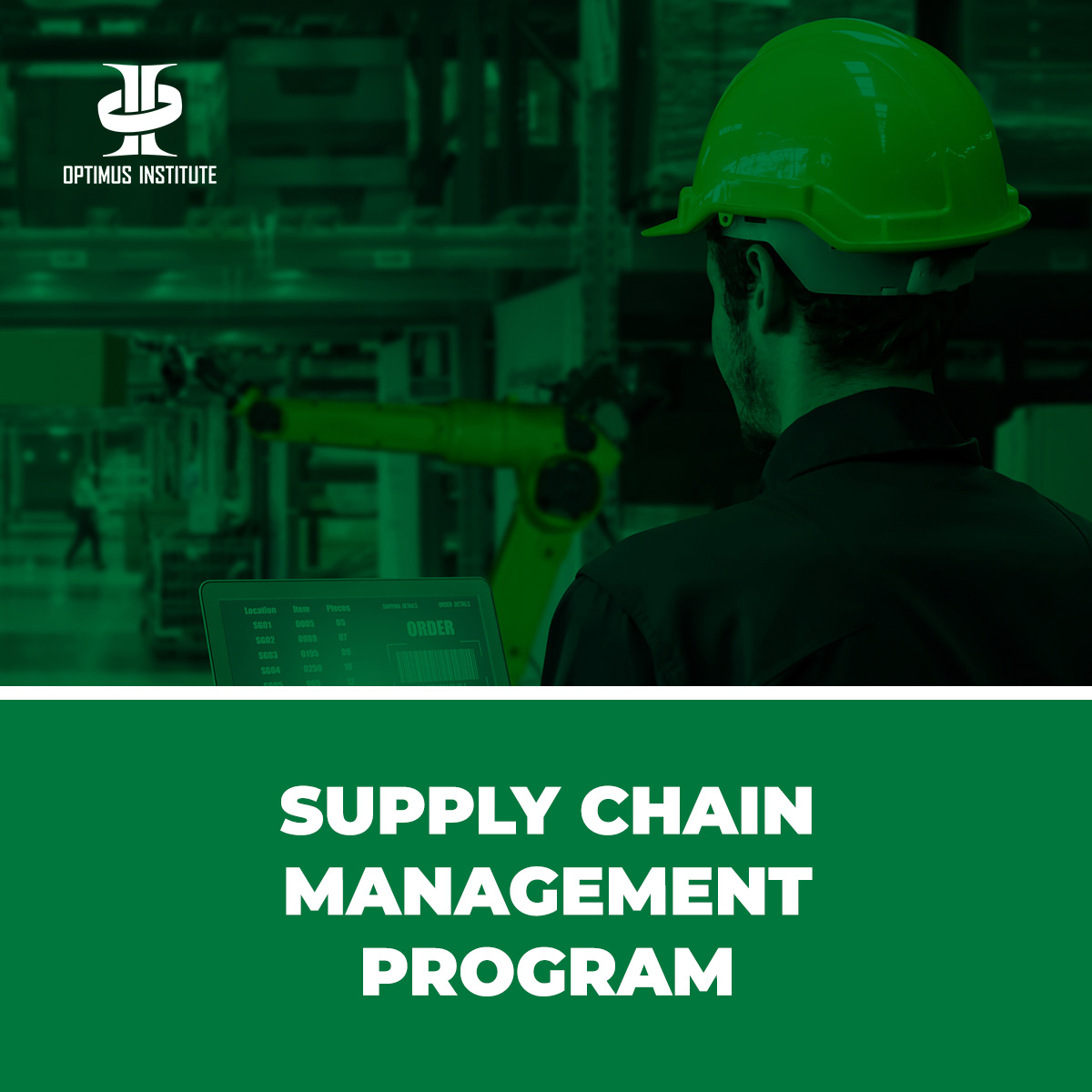
About Course
Who should attend?
designed for all Supply Chain Employees who is holding or seeking a managerial position and wants to transform his relationship with his team, Ready to stand out as a top leader in their industry.
Structure
consist of 2 modules.
Course Content
Module 1: Supply Chain Management
Module 2: Logistics
Student Ratings & Reviews

No Review Yet

